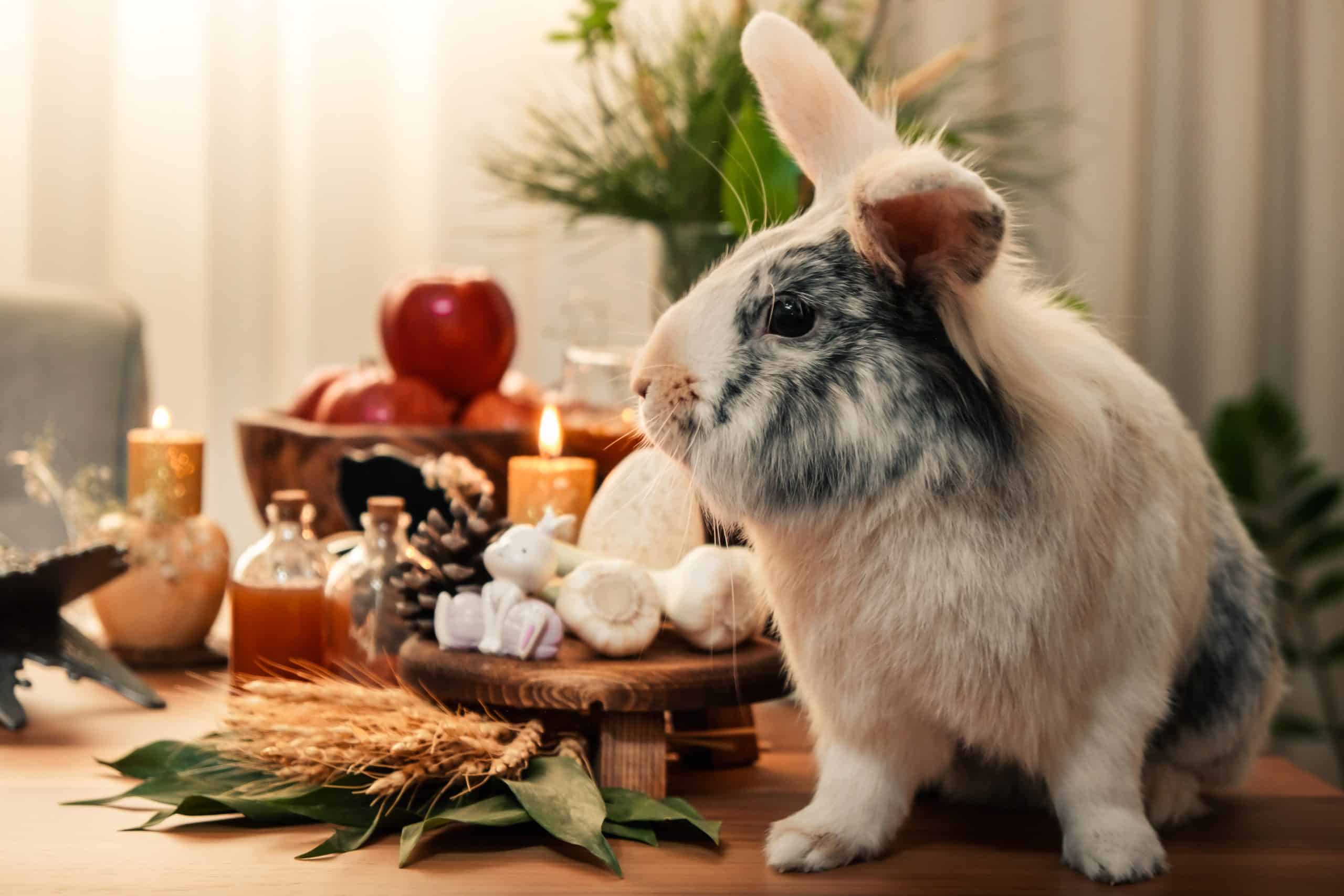Can rabbits live happily indoors?

Rabbits, those adorable furry companions, have long been cherished as pets that traditionally lived outside in hutches. However, as pet care practices evolve, many rabbit owners are now wondering whether their long-eared friends can thrive indoors. The answer is a resounding yes. Indoor rabbits, when provided with the right environment and care, can lead joyful, healthy lives within your home. In this article, we will guide you through the essentials of keeping rabbits indoors, ensuring that your pet rabbit enjoys a safe, comfortable, and fulfilling life as a cherished member of your household.
Understanding Indoor Rabbit Care
Before you transform your home into a rabbit-friendly haven, it’s crucial to understand what indoor rabbit care entails. Rabbits are social, intelligent, and active animals that require specific conditions to live well indoors.
Cela peut vous intéresser : What are the best ways to exercise your senior dog?
Firstly, your indoor rabbit will need a designated safe area where it is free to roam, exercise, and relax without the threat of dangers commonly found in a household. This could be a special room, rabbit-proofed area, or a large enough cage that allows them the freedom to move around.
Secondly, just like outdoor rabbits, indoor rabbits need access to fresh hay for feeding, a litter box for their bathroom needs, and various forms of enrichment to keep them entertained. Contrary to popular belief, rabbits can be litter trained much like cats, which makes them more suitable as indoor pets.
A découvrir également : Why do rabbits thump their feet?
Additionally, while rabbits are natural burrowers and enjoy the freedom of the outdoors, they are also prey animals and can be easily startled. Keeping rabbits indoors can protect them from predators and extreme weather conditions, thus potentially increasing their lifespan and quality of life.
Creating a Rabbit-Proofed Indoor Environment
Rabbit-proofing your home is non-negotiable for the safety and well-being of your indoor rabbit. Rabbits are naturally curious and love to chew, which can spell disaster for electrical cords, house plants, and wooden furniture.
To create a rabbit-proofed area, start by covering all electrical cords with protective casings or hide them behind furniture. Ensure that any toxic house plants are out of reach or removed entirely. It’s also beneficial to provide plenty of suitable chewing alternatives, such as rabbit-safe wooden toys or cardboard boxes.
The area should also be free from any small items that a rabbit might ingest, as these can cause serious health issues. You’ll need to regularly check for and remove any potential hazards that could harm your bunny. Ensuring that your rabbit has plenty of space to hop, play, and exercise is crucial for their physical and mental health.
Feeding and Nutrition for Indoor Rabbits
The diet of an indoor rabbit isn’t vastly different from that of outdoor rabbits. Feeding hay should constitute the bulk of their diet, providing the necessary fiber to keep their digestive systems running smoothly. A variety of greens and vegetables should also be included daily to ensure your pet is receiving all the necessary nutrients.
Pellets formulated specifically for rabbits can be given in moderation, but should not be the mainstay of their diet. Treats should be given sparingly to avoid obesity and other health issues.
Constant access to fresh water is essential, and this can be provided via a water bowl or a drip-feed bottle attached to their living area. Always keep an eye on their water supply to ensure they’re adequately hydrated.
The Importance of Socialization and Exercise
Rabbits are not just passive pets; they require social interaction and exercise to stay healthy and happy. When you keep rabbits indoors, you must dedicate time to socialize with them and engage in activities that cater to their playful nature.
An indoor rabbit will need an exercise area where it can run, jump, and explore to maintain its physical health. This can be achieved by setting up a dedicated playpen or by rabbit-proofing a room where they can roam freely under supervision.
Moreover, bunnies form strong bonds with their owners and other rabbits. If possible, consider adopting a pair of rabbits so they can keep each other company. When it comes to handling your rabbits, do so with care and patience, as they can be delicate and sometimes skittish.
Health and Hygiene Considerations
Finally, the health and hygiene of your indoor rabbits are vital components of their overall wellbeing. Regularly cleaning their litter tray and living area will prevent the build-up of harmful bacteria and keep your home smelling fresh.
Vet visits for check-ups, vaccinations, and spaying or neutering are also part of responsible rabbit care. Indoor rabbits, like all pets, require attention to their health to prevent and treat any issues promptly.
Conclusion
In conclusion, rabbits can indeed live happily and healthily indoors with the right care and attention. By providing a safe environment, proper diet, social interaction, exercise, and dedicated health care, you can ensure that your indoor rabbit enjoys a fulfilling life as part of your family. Remember to rabbit-proof your home, spend quality time with your pets, and keep their living space clean and comfortable. With all these considerations in mind, your indoor rabbits will not only survive—they will thrive.
